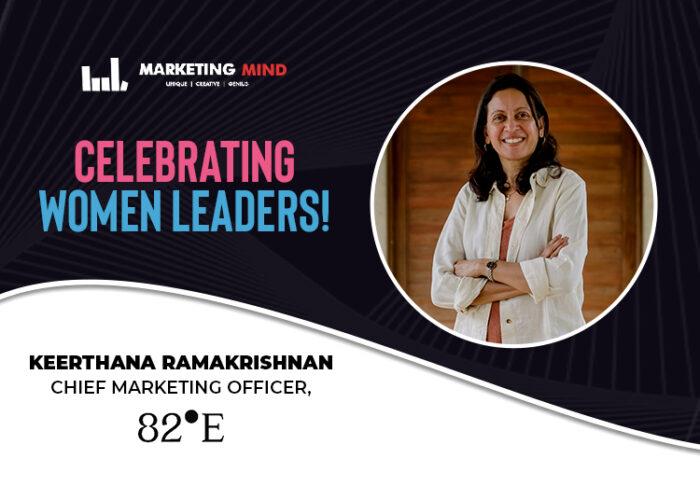Well, let’s admit it. We all have done this before, at least once! After a particularly low phase, or a bad month at work, or maybe an event not gone too well, we all have indulged in some slightly impulsive shopping, which may seem unnecessary in the beginning, but ends up delighting us, a tad bit for sure.

Well, researchers have named this-Retail therapy, and it is proven to be a potent and worthwhile process. Let’s check what makes it so effective.
Behaviourism of Retail therapy
According to behavioural scientists, people are more impulsive when they are upset. This means that they tend to spend more during this time frame of mind, without much regret, justifying it as an action of self-treat leading to improving their moods.
Why is it effective

Retail therapy involves impulsive spending that makes people happier immediately. This makes it an objective and reasonable adaptative strategy or coping mechanism.
A person who is upset feels that he has no control over his surroundings. When that person engages in retail therapy, it restores their sense of control. This leads to mood improvement.
Also, this involves leaving your home and interacting with other people-whether known or unknown. This instils a feeling of societal connection. It helps to distract or take your mind off factors that make you sad or anxious, albeit for a short while.
Also, the neurotransmitter dopamine is released during a simple anticipation of the eventual possibility of a reward or treat. This increases your desire to continue to seek out things that make you feel good.
Disadvantages of Retail Therapy

However, too much indulgence in retail therapy could create problems too.
Shopping involves money, and though it may reduce stress or uneasy feelings, it may prove to be heavy on your wallet, especially when using online payment methods. Under the justification of not feeling too good, or buying a particular thing that will elevate one’s mood, a person could end up buying unnecessary goods which are costly.
Also, Retail therapy addiction is real. One could become an obsessive shopper. In fact, statistics reveal that shopping addiction affects about 5% of the population.
But then one can use some retail therapy, without going broke too. Shopping for pre-planned items, or window shopping are effective ways to combat impulsive behaviors. Also, using up credit points or gift cards and certificates proves to be helpful in minimising expenses.
Also, saving up beforehand goes a long way in making this process doable, without seeming like a burden.












